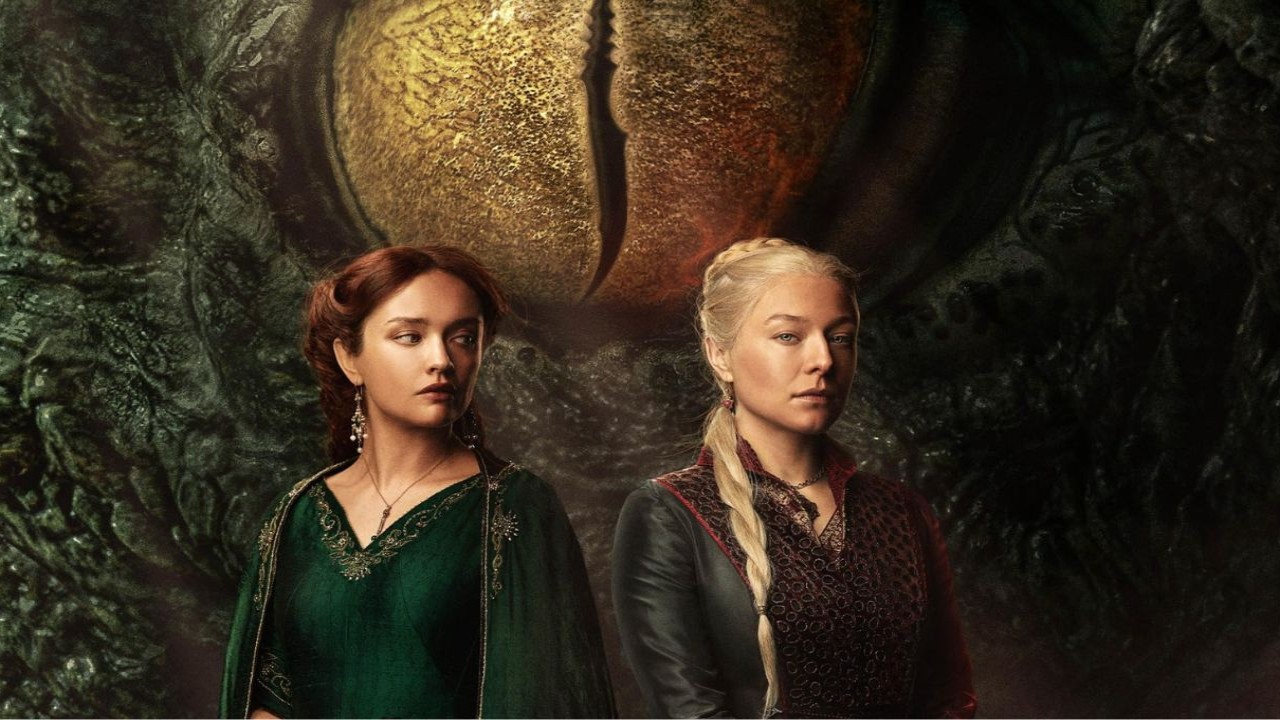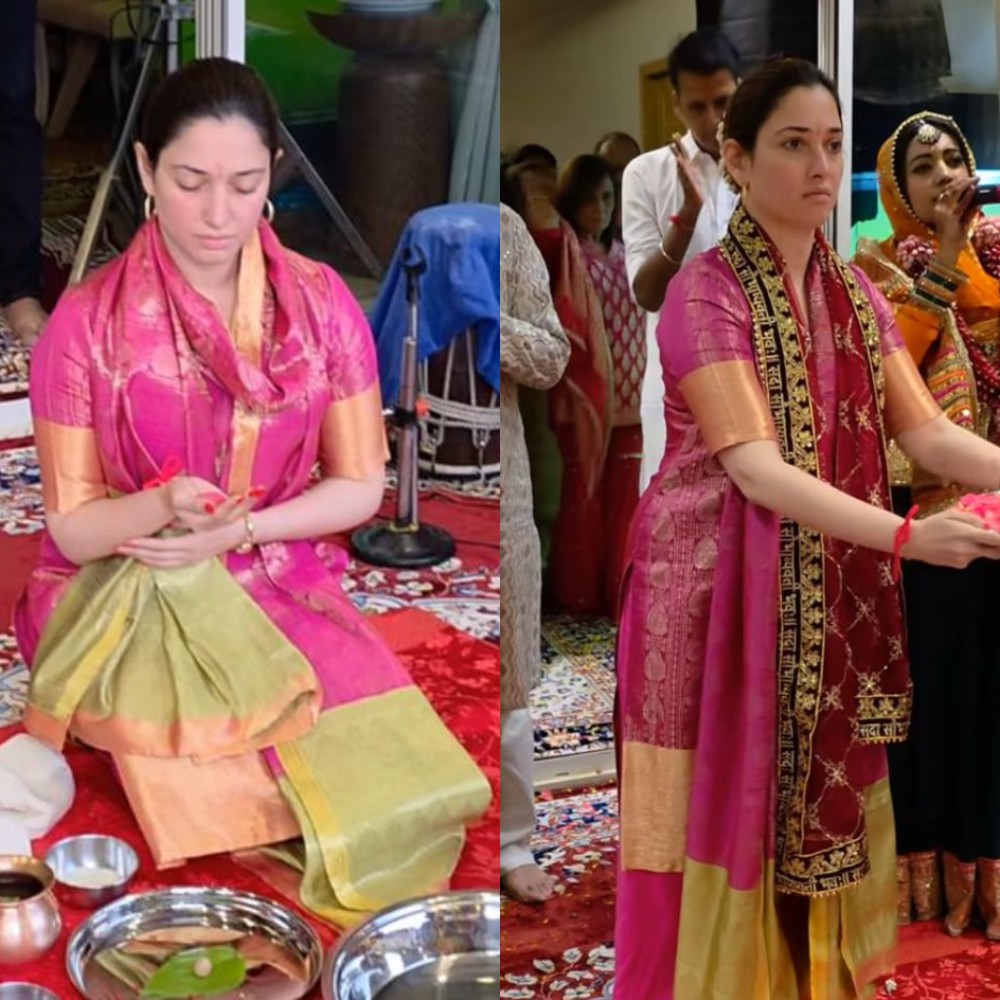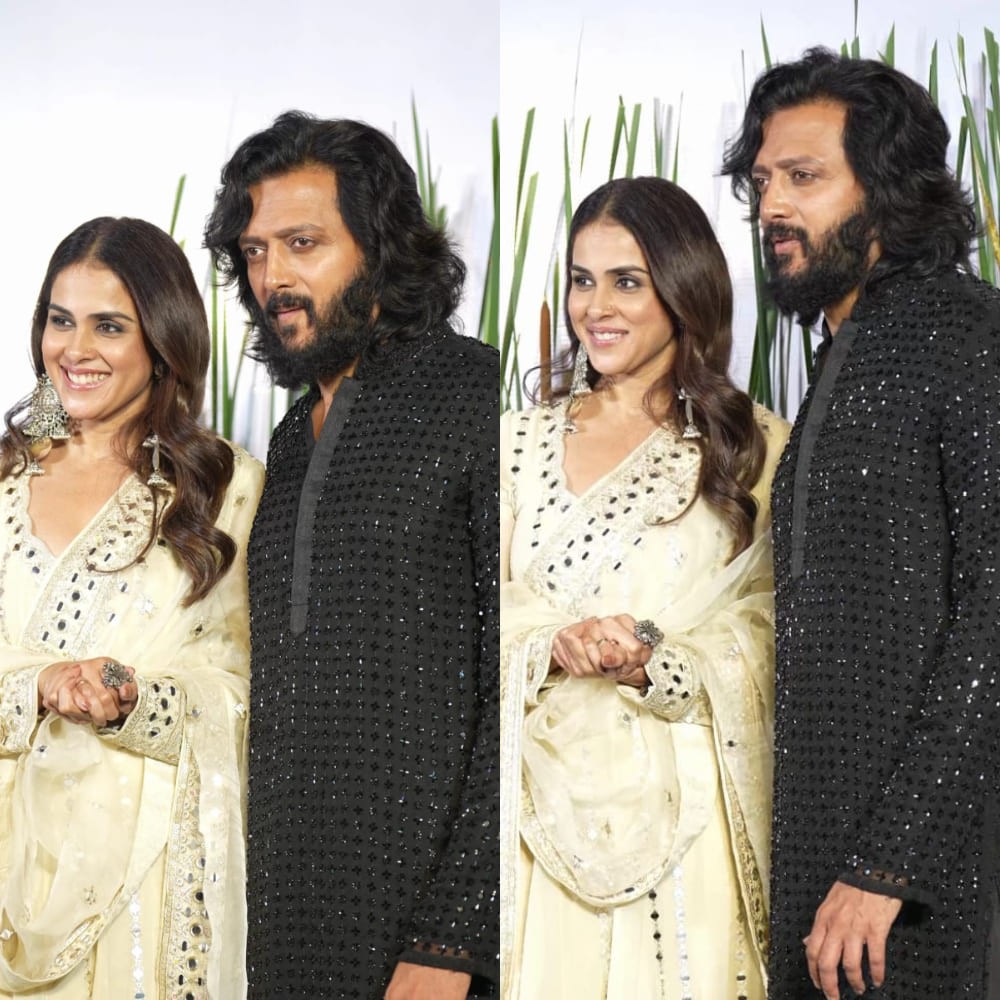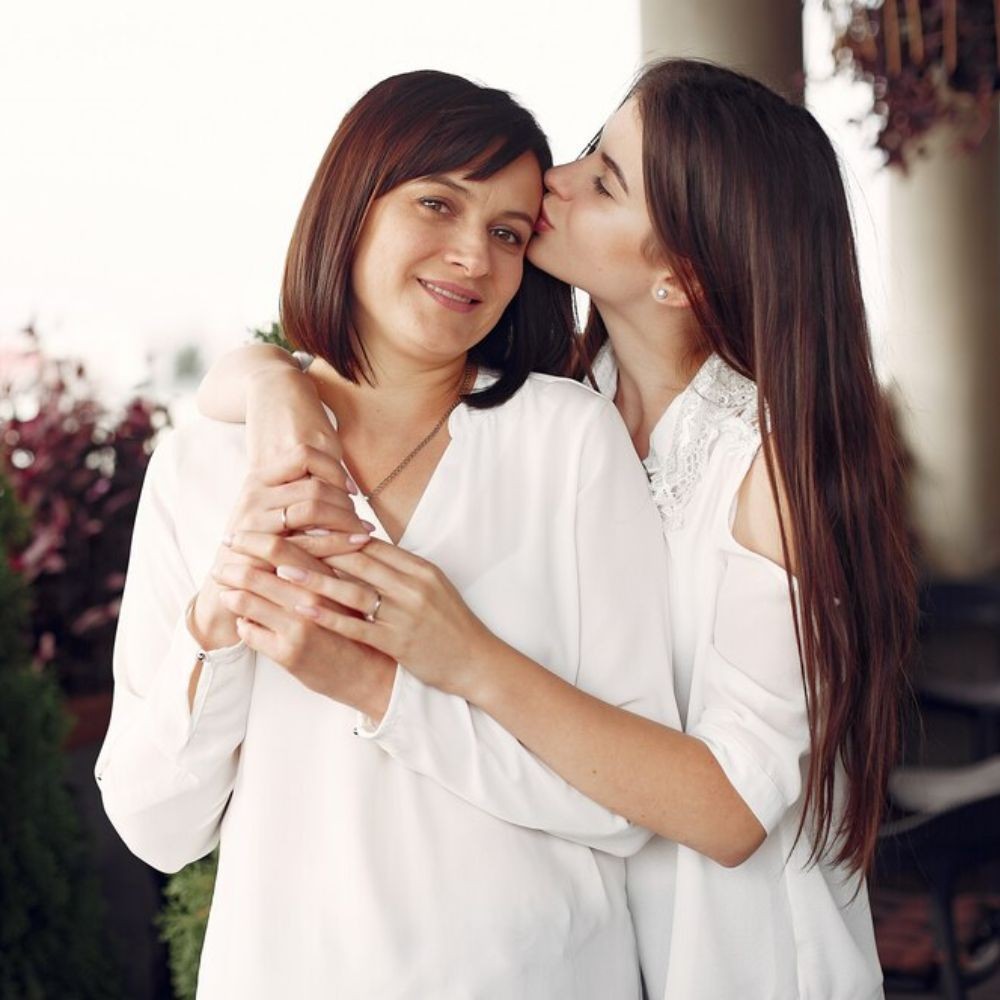House of the Dragon: What the 'Hour of the Wolf' Means for Westeros
House of the Dragon's latest episodes reveal political intrigue and shocking deaths during the Dance of the Dragons, while The Hour of the Wolf suggests dark events in Westeros could lead to mass killings.

House of the Dragon’s second season has been a compelling continuation of Westeros, filled with spectacle, shocking deaths, and a return to the slow, deliberate pace and political intrigue that characterized the peak of Game of Thrones. The Dance of the Dragons is now in full swing, and fans are eagerly anticipating the rest of the season.
This week’s episode may have offered a surprising glimpse into the story’s ultimate direction. Prince Daemon’s nightmare about his mother, Alyssa, followed by Simon Strong’s revelation of the Hour of the Wolf, hints at intriguing world-building plot points to come.
The Hour of the Wolf in the GoT Universe
In Westeros culture, there are seven named hours, each named after an animal. The Hour of the Wolf, the darkest part of the night, is believed to be a time prone to mass killings, nightmares, evil, and unrest, as depicted in George R.R. Martin's saga.
This week’s episode, titled Regent, sees Prince Daemon trying to consolidate his power by ordering House Blackwood’s army to slaughter House Bracken’s innocent civilians and burn their livestock to force their alliance. As Daemon spends more time at Harrenhal, his paranoia intensifies, reflected in his recurring nightmares and hallucinations of his possible demise. In a poetic twist, the Riverlords rise to denounce Daemon as a tyrant precisely at the Hour of the Wolf.
The Hour of the Wolf did not originate from George R.R. Martin's works. Its first notable use was in Ingmar Bergman’s 1968 psychological horror film Hour of the Wolf, where Bergman elaborates in a note at the beginning: "It is the hour when most people die, when sleep is deepest, when nightmares are more real. It is the hour when the sleepless are haunted by their deepest fear, when ghosts and demons are most powerful. The Hour of the Wolf is also the hour when most children are born."
George R.R. Martin often draws inspiration from historical events and genre fiction for his works, such as A Song of Ice and Fire. It’s possible he drew on Bergman’s film to enrich Westeros' lore. The film’s climax, where the protagonist succumbs to madness, might foreshadow a similarly dark fate for Prince Daemon, as suggested by recent episodes.
The Hour of the Wolf in House of the Dragon
The Hour of the Wolf, a key event in the Targaryen civil war, extends beyond mere world-building in House of the Dragon. Lord Cregan Stark, who first appeared in the Season 2 premiere, becomes a pivotal character as he offers support from the Northerners to assist Rhaenyra in her campaign. His role intensifies during the Hour of the Wolf, where he emerges as a key player in the conflict.
In Fire & Blood, Rhaenyra initially seizes King's Landing but is forced to flee a few months later following betrayal by Ser Alfred Boone, who uses Aegon's dragon Sunfyre to kill her. Despite Rhaenyra's death, her supporters persist, and Aegon II, preparing to surrender, is ultimately poisoned by his own men. Rhaenyra's son, Aegon III, is crowned the new king. Upon arriving at King's Landing, Lord Cregan names himself Hand of the King.
Lord Cregan's plans to continue the war are hindered by Lord Corlys Velaryon’s peace negotiations with major houses. Nonetheless, Cregan seeks revenge for Aegon II's death, leading to the arrest of 22 men, including Lord Corlys. Bullying Aegon III, he deems 19 of the men guilty and executes two. However, Aegon III eventually pardons Lord Corlys and reinstates him in his position.
The Hour of the Wolf marks the end of the Dance of the Dragons, leading to Cregan Stark's resignation due to his bloodlust. Aegon III ascends to the Iron Throne, marries Jaehaera, and establishes a court of regents until he reaches the age of 11.
While the mention of the Hour of the Wolf in House of the Dragon may not directly foreshadow significant events in Season 2, it exemplifies the show’s commitment to intricate world-building. This subtle nod to the series' endgame adds depth to the narrative, and fans hope the show will handle it more effectively than Game of Thrones did.
House of the Dragon Season 2 is now streaming on Max.

What Is The Prison World In The Vampire Diaries? Explored





 JOIN OUR WHATSAPP CHANNEL
JOIN OUR WHATSAPP CHANNEL














































